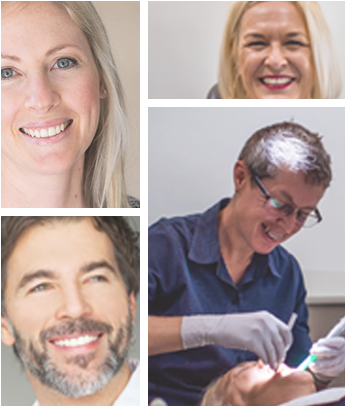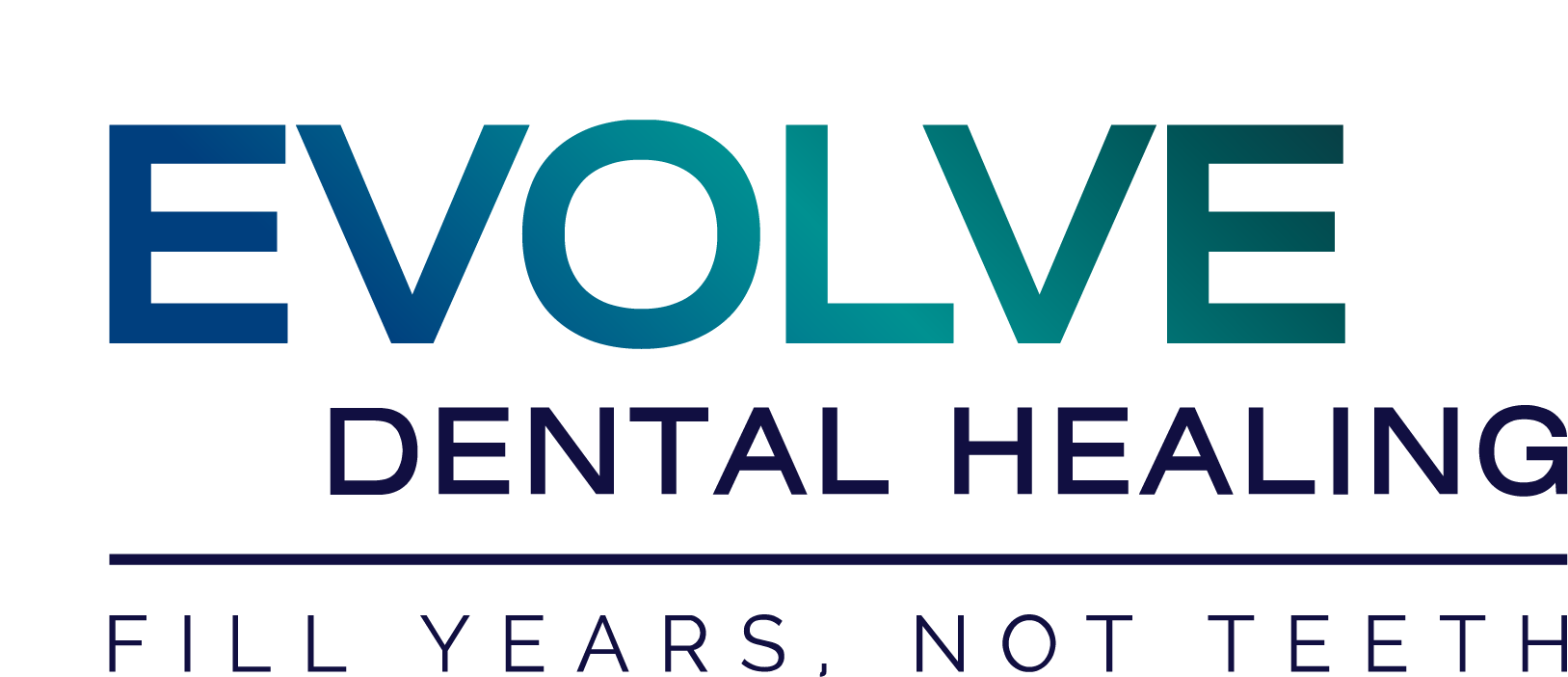Life, Stress and Dental Disease

How Does Your Life and Stress Affect Dental Disease
Let’s look at life, stress and dental disease
“Stress is a reaction people have when excessive pressure or demands are placed upon them, and arises when an individual believes they are unable to cope.”
At one time or another, we’ve all dealt with the effects of chronic stress, from migraines and backaches to anxiety and depression. We all know that stress can impact the immune system, how often do we happen to get sick or catch a cold when we are stressed or run down.
How Does Life & Stress Cause Dental Disease?
Our life impacts stress levels and dental disease but how?
But what is not commonly understood is that stress and our response to it can also impact on the mouth, teeth, jaws and gums as well as our overall emotional and physical wellbeing. It is not possible to point to a particular dental problem and say it’s caused entirely by stress but like the rest of the body, the mouth can be affected.
Now not everyone is swinging from one major life crisis to another yet the prevalence of people stating they are stressed or are affected by stress-related disorders and problems is enormous across all ages and social backgrounds. Why is this?
What is going on in our lives that stress is so widespread and common? Could it be that modern life, our hectic lifestyles and how we see, deal with and perceive life, impacts our level of stress and our ability to cope with it or not?
“Any idiot can face a crisis it’s this day-to-day living that wears you out.” (Anton Chekov)
The majority of causes of stress that we face on a day-to-day basis are not as extreme as major life events. The day-to-day causes of stress such as those daily, minor irritations like misplacing our car keys, traffic jams, minor arguments with family/colleagues, etc could be regarded as daily hassles.
Research by Lazarus and Folkman (1984), at the University of California, indicated that it was the daily hassles rather than the major life events that affected us the most.
Life Stressors
Life events do not occur every day, but daily hassles do and it’s this constant, daily frustration caused by the minor issues that cause us the most stress because they occur so regularly and therefore can undermine our health.
Think of some of the things that get under your skin on a regular basis – things like waiting in line, time pressures, lack of sleep, noise, your job, money, your kids, relationships, getting meals ready, being stuck in traffic, shopping and so on, in fact the things that simply make up life. Then consider how do you react to them?
We tend to think that stress is solely caused by external events, situations and people, yet this is not strictly correct. Research has found that the Transactional Model of Stress is more accurate. This model says that stress is caused by an interaction between the stressor, our view of the stressor and our perceived ability to cope with it. It’s our own internal beliefs, attitudes, expectations, interpretations, perceptions and other factors such as our personality, levels of self-esteem and need for control or perfectionism, in combination with the external events that tend to create stress.
Too Much Stress Will Ruin Your Health and Smile
Too much stress may not only spoil your mood, but it can also spoil your health and your smile.
There is mounting evidence that there is a strong link between stress and gum disease and dental health.
It is proposed that elevated levels of the stress hormone cortisol which impacts on immune health along with digestion and sugar regulation are a major player in stress-induced illness.
Oral health is determined by various factors including stress, which can play a major part in oral disease by leading to inappropriate lifestyle choices that can adversely affect oral health.
For example, things like neglecting oral health habits along with an increase in unhealthy habits such as lack of exercise, poor diet, increased alcohol, sugar, caffeine and tobacco consumption and lack of sleep are all detrimental to oral health.
Stress and Your Health
During times of stress cortisol is released and works to reduce inflammation in the body; however, when inflammation becomes chronic, the level of cortisol continues to soar, wreaking havoc on the body’s immune system and its ability to deal with infections.
The body’s response to uncontrolled infection (like gum disease) can lead to many other problems such as increased susceptibility to colds and other illnesses, heart disease, high blood pressure, increased risk of cancer, tendency to develop food allergies, increased risk of gastrointestinal problems and increased risk of autoimmune disease.
As the cortisol level of the body increases the body produces acid, which alters the acidity level of the saliva. Increased acidity levels in the mouth create an environment for bacteria to proliferate and thrive making us more prone to infection, gum disease and dental decay. Also, stress can cause your body to flush out minerals from your body, minerals like calcium, which are found in bones and teeth.
This leaching of minerals combined with a more acidic and bacteria-rich environment means stress makes us more susceptible to dental cavities and suppression of the immune system leads to increase the risk for developing or worsening gum problems along with more systemic conditions.
The potential impact from stress and anxiety on oral health is surprising from clenching or grinding of teeth (bruxism); facial pain, mouth sores, including mouth ulcers and cold sores, poor oral hygiene, through to increased gum problems and dental decay.
Life, Stress, Teeth Clenching and Dental Disease
Grinding or bruxism can be extremely damaging to the jaws and teeth, causing soreness when eating and difficulty chewing, chipped, worn or cracked teeth plus facial pain.
Bruxism most commonly occurs at night, so it’s not something you can consciously control and grinding your teeth leads to disturbed or poor quality sleep and jaw pain on waking.
It has been linked to work stress (Journal of Community Dentistry and Epidemiology) and personality type (Journal of Behavioural Medicine). The personality type study found that people who were shy, apprehensive and given to worry, tended towards bruxism, which can have devastating effects on teeth and may require extensive corrective treatment.
Managing Stress and Good Oral Health
Managing stress is important to maintaining good oral health, the Centre for Disease Control identified stress as one of the top risk factors for gum (periodontal) disease.
In some instances, people may be so hindered by stress and anxiety and depression that they simply neglect oral hygiene.
In a 2009 study in the Journal of Periodontology, 56 percent of test subjects reported that stress led them to disregard regular brushing and flossing.
Other studies found that emotional factors played a significant role in the development of adult gum (periodontal) disease. Researchers also discovered that the severity of gum disease increased with the amount of stress experienced and those at the greatest risk for gum disease were those who were highly emotional in dealing with financial problems.
Stress and Mouth Ulcers
Stress can also cause mouth sores and ulcers, which are painful little swellings that appear inside the mouth. The exact cause of ulcers is not fully understood but stressful episodes can bring them out.
Stress can lead to recurrent cold sores and make existing ones worse. According to a report in General Dentistry Journal, studies show that students have a high prevalence of mouth ulcers, yet the ulcers appear less frequently during breaks and after graduation when stress levels are lower.
Regular visits to the dentist are the best way of pinpointing stress-related dental problems before they flare up.
However, what about the more wide-ranging implications of stress on our health and daily interactions? The most effective approach would be to address the root of the problem and remove the source of the stress. But most of our stresses happen in daily life and unless we all start living like hermits it would be impossible to remove all sources of stress completely.
How To Shift Your Life and Stress
Consequently, the most sensible approach would be to make an internal shift that allows us to be more of who we are and less affected by that which is happening around us. But how do we do this? The conventional approach is to use relaxation techniques or meditation, breathing techniques or even massage and physical therapy, which may help reduce your tension as part of a stress action plan.
By simplifying our life, reducing our level of busy-ness and introducing self-care and good sleeping and eating habits we could go a long way to true healing our way of being and start letting go of beliefs, ideas, perceptions and expectations that can cause internal stress.
However what if the true answer lay deeper than this and that it meant addressing all the ways we are living? For example, what if it meant being able “to observe and not absorb” that which goes on around us, to not take things so personally, to give people the freedom to make their own choices in life?
The only thing we truly have control over in life is our own inner state of being. Serge Benhayon presents that one of the ways we can have command over our inner state is via the breath.
Meditation to Reduce Stress
It has been known for thousands of years that breathing has a powerful influence on our physiological and psychological well-being. Some people may find it difficult to understand the link between the way we breathe and its effects on stress, as we have been breathing since the first moment we were born and take around 20,000 breaths a day, so we must have been breathing correctly from a physiological perspective as we are still alive.
Yet research has shown that the way we breathe can have a powerful effect on how stressed we feel. When we suffer stress one of the changes brought about by the fight/flight response is to speed up the number of breaths we take switching from slow, abdominal breathing to faster, shallower, stressful, chest breathing. This is vital and healthy in the short term, however, if we are constantly triggering the fight/flight response we can begin to habitually breathe with our upper chest even though the stress may be over. This style of breathing sends signals to the brain that we are under stress when we may not even be.
The Gentle Breath Meditation as taught by Serge Benhayon teaches us to focus on our breath and how we are breathing so as to build awareness of how we are reacting to life and how we are feeling.
The Gentle Breath can be utilised as a tool that can assist the body to become more harmonious and bring us back to our natural calm, relaxed state of being so that life’s influences do not impact so greatly upon us. The Gentle Breath Meditation may be one of the simplest yet effective starting points in taking true control of your life instead of being at the mercy of the outside world and all the pressures that it presents.
It’s important to be aware of your stress level not just as it relates to your smile but the mind and body as well. Take time out of your day to connect to yourself, breathe gently and de-stress.
Becoming aware how detrimental stress is to our overall health and wellbeing as well as oral health is a key step to becoming empowered to make beneficial changes in our dental care and our way of living and responding to life’s challenges in general. When we begin to realize that we can change, we can heal, and we can choose differently – we can choose a gentle breath, and a gentle caring way to be with ourselves, and others. I invite you to see and feel for yourself how the body will lovingly respond to such choices.
-
Dr. Rachel Hall
Rachel is the founder and principal dentist at Evolve Dental Healing with over 30 years experience, practising holistically since 2001. Not your typical dentist, Rachel is a passionate opinion leader, challenging convention to empower people to make better dental and health choices, helping thousands to have healthy natural smiles. A respected writer and presenter on holistic dentistry, health and wellness it is Rachel’s mission to revolutionise the way people look at their dental health.
Talk to us for more details and information
CONTACT US
67 Kenmore Road
Kenmore Queensland 4069
Phone: 07 3720 1811
Fax: 07 3720 1899
Email: info@evolvedental.com.au
OPENING HOURS
Monday – Friday: 7:30am – 5:30pm
References and Citations Mercury & Amalgam Fillings




